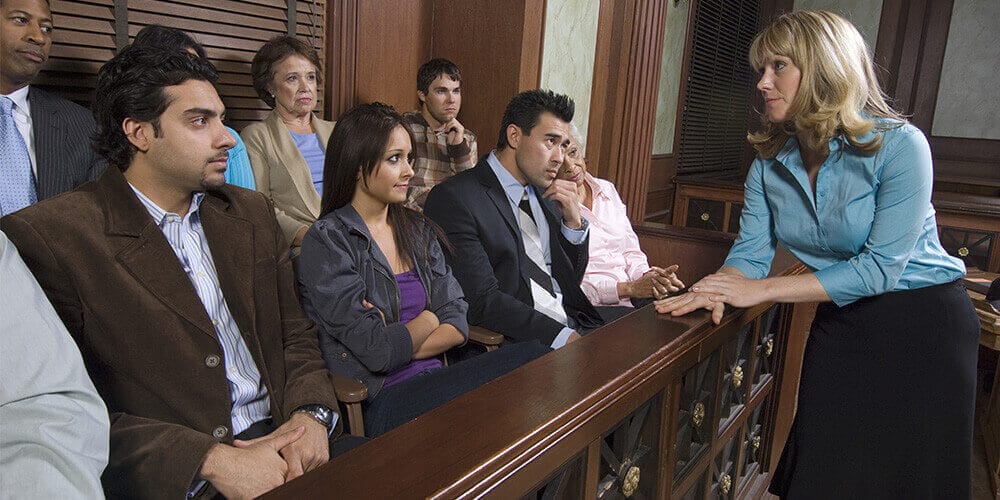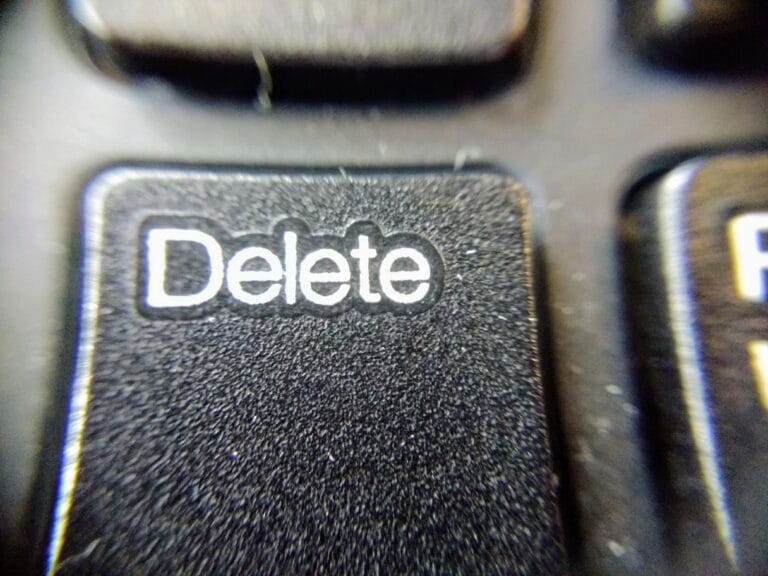One of the most famous legal maxims states that ‘justice delayed is justice denied.’ Due to the coronavirus pandemic, courts across the country have been forced to postpone jury trials. Unfortunately, as we approach the end of the year, the delay and backlog created by these postponed cases demand innovative solutions. In this article, we’ll explore the future of remote jury trials and other virtual proceedings.
Let’s get started!
Testing Real-world Viability
This summer, in Collin County, Texas jurors attended the first remote trial. The jury selection process took place online and was streamed on Youtube. The trial was considered a ‘summary jury trial’ and lasted for one day. Jurors heard a condensed version of the insurance dispute case, and ultimately handed down a non-binding verdict. Following the summary trial, both parties agreed to proceed to mediation.1
Although this particular trial was non-binding, it provides important insights into the viability of future remote jury trials. So, what did participants think of the process? According to the presiding Judge Emily Miskel, “[the] jurors who sat for both in-person and virtual trials reported there were elements of the remote proceedings that actually helped them to stay more engaged than if they’d been in the courtroom.”2
Exploring the Core Issues
Despite the success of non-binding trials, such as the one in Collin County, there are still some people who question whether remote proceedings can be effective at scale. In order to determine whether remote jury trials offer a long-term solution to courtroom backlogs, we need to examine the practical considerations and core concerns attorneys have about the process.
Perceptions of Credibility
Whether you’re litigating criminal or civil cases, jury perceptions of credibility are critical in reaching a verdict. Not only do witnesses need to connect with jurors, but lawyers need to establish a rapport too. In a recent study, researchers from the University of Ontario Institute of Technology in Canada evaluated how well participants could detect lies (and therefore determine credibility) when the speaker’s face was obscured by a headscarf.3 The study was designed to test whether it is necessary to see a person’s face to detect deception, as some courts had suggested when ruling that women could not wear the niqab during testimony. This research has clear relevance to the question of witness credibility in remote trials, because the study participants were asked to view video testimony and identify deception.
So, what conclusions can we draw from this study? After reviewing the results, researchers determined that people are actually better at detecting deception when they couldn’t see all the physical details of the speaker.4 By extension, we expect that remote trials should have no impact on juror ability to observe the participants and determine their credibility.
Juror Participation & Access to Necessary Technologies
To hold jury trials, remote or otherwise, courts must be able to count on the participation of local residents. According to the National Center for State Courts, “approximately 15% of Americans receive jury summons and a total of 0.8% of Americans are impaneled in juries.” In fact, the average response rate for a jury summons is only 46%.5
Given this low response rate, experts argue it is unlikely that jury diversity would actually suffer due to difficulty in reaching the small number of people who lack reliable internet access. Furthermore, there are a number of potential solutions that would allow courts to reach these individuals, such as setting up pre-wired government offices where jurors could participate in isolation. (Notably, new evidence suggests that remote trials could actually increase jury participation. The National Center for State Courts reports that when “given a choice, almost twice as many people would prefer remote jury service to serving in person.”)6
Juror Concentration Concerns
Lastly, one of the most frequently repeated concerns about remote trials is that jurors will be faced with new distractions, influenced by external information, will take the proceedings less seriously and will struggle to concentrate. While there are no broadly available definitive studies on this issue, Judge Miskel of the Collin County summary trial collected firsthand reports from participants.
Miskel states: “The two main things that the jurors reported was when they were in a courtroom, things were physically far away from them and hard to see, and also when they were looking at a witness, they were looking at them sideways so they couldn’t see their facial expressions as much, and they contrasted that on Zoom, where when the parties published their evidence or their exhibits it was right there on their device so they could read things or they could see things.”7
Final Thoughts
Thanks for reading! We hope that we’ve helped you understand the effectiveness and possible usage of remote jury trials. While they may not be the right fit for every case, remote trials are an excellent way to balance public health concerns with the need to advance the justice system. Here at First Legal Depositions, we’re optimistic about the possibilities that accompany the shift toward accessible, remote legal proceedings. If you enjoyed this article, please consider sharing it on social media! To find out more about our services or how we can help with remote trials, our team can be reached by phone or email.
Resources
- Virtual Jury Trials: The Next Wave of Remote Legal Practice
- Law.com Trendspotter: Virtual Civil Jury Trials Are Definitely Divisive—and Likely Inevitable
- Easier to spot a liar in a niqab, says study challenging Canada’s courtroom ban on Muslim veils
- Veils, Headscarves May Improve Observers’ Ability To Judge Truthfulness, Study Finds
- Most Americans say jury duty is part of good citizenship, but few serve
- State of the State Courts | NCSC
- ‘Holding Court’ with Texas Judge Emily Miskel, a Remote Proceeding Pioneer: ‘We Can’t Pretend That the Traditional Way is Cost-Free’ | Litigation Daily | The American Lawyer





